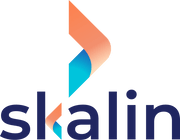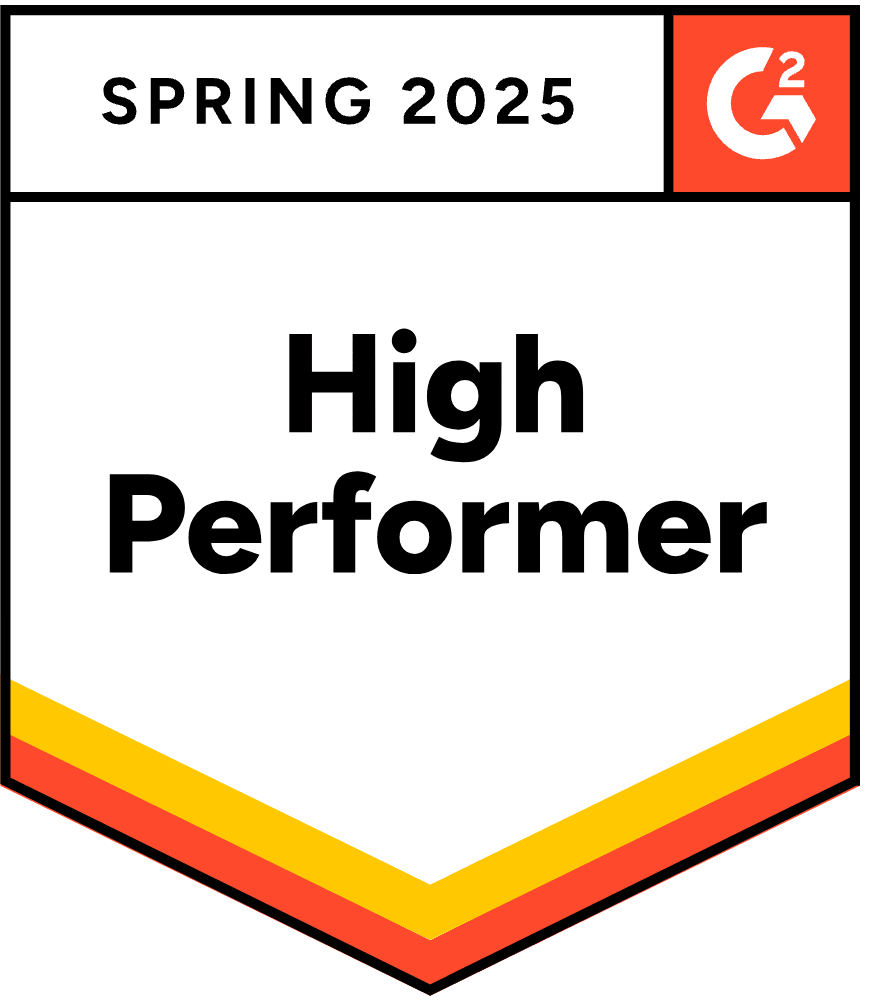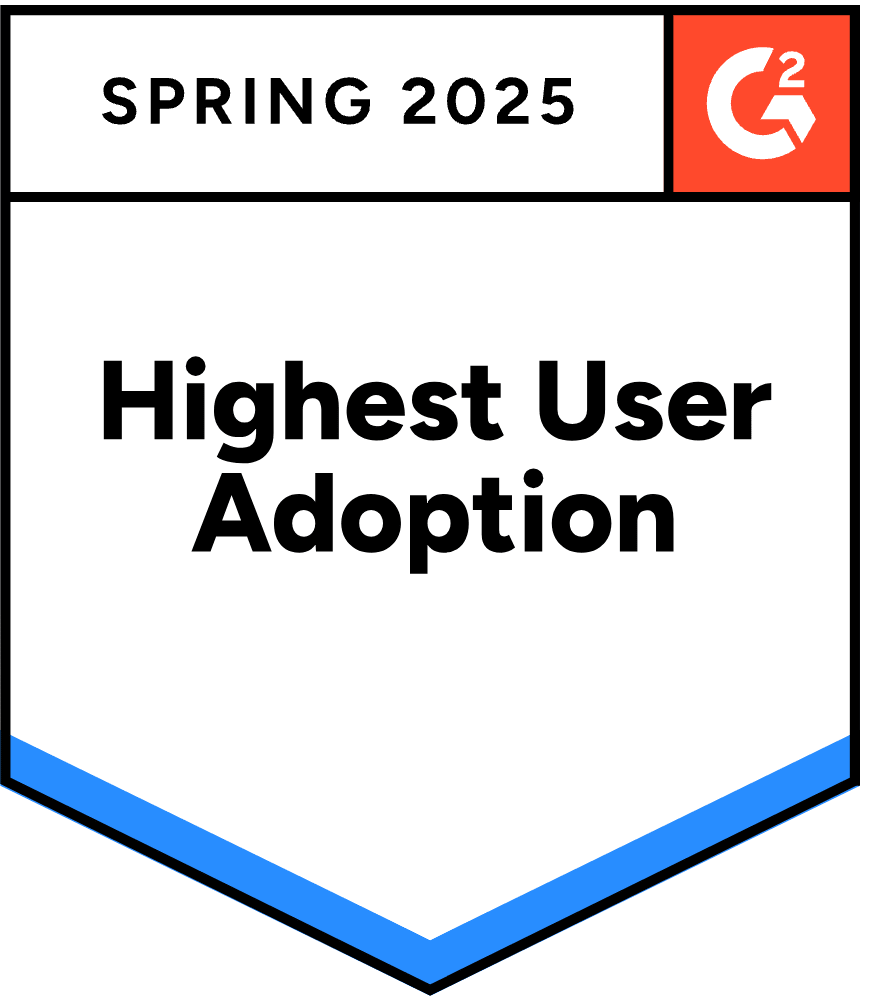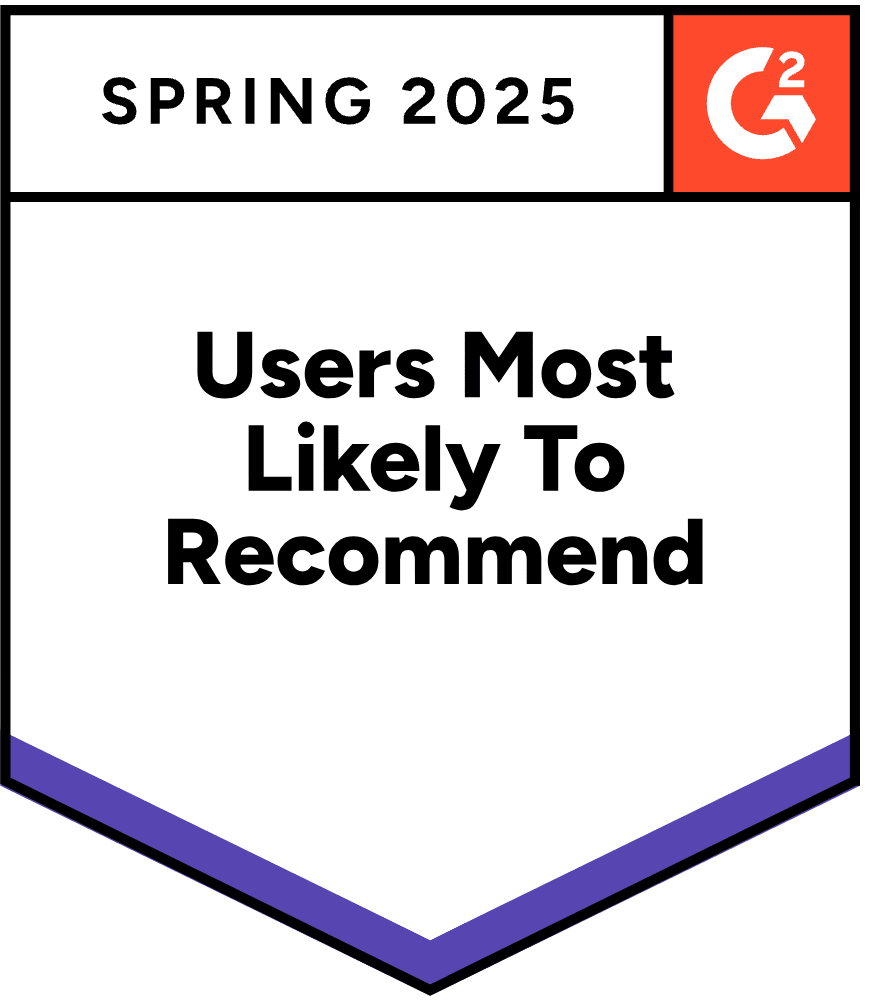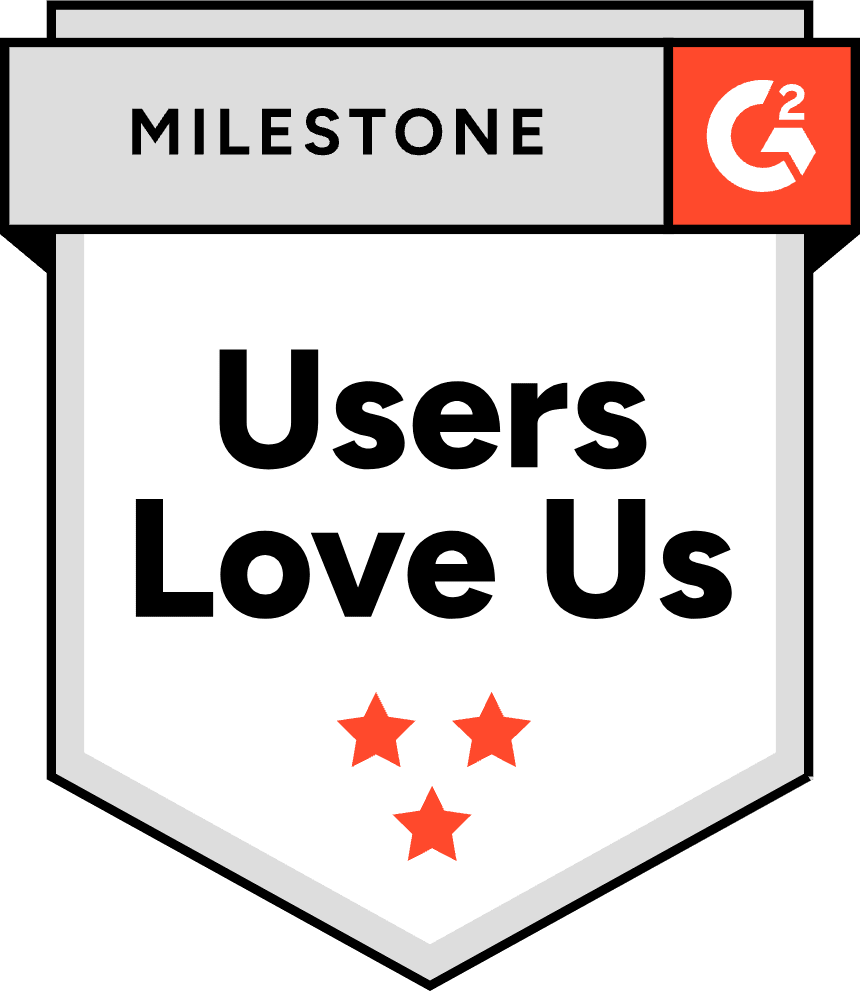AI is often seen as a threat to Customer Success Manager jobs, but is this really the case? How can AI help identify churn? What are the applications of AI in Customer Success, and what are the prospects for the future? To address these questions, Tom Carnewal invited Nicolas, CEO of Skalin.
Can you tell us how you got into CS and what led you to launch Skalin?
I've been in Customer Success for over 10 years, even before it was called Customer Success. I started as a CSM, then moved on to Head of Customer Success, and eventually became COO.
I realised that the startups and scale-ups I worked with all faced the same issues: customer information scattered across different tools (CRM, BO, ticketing, etc.), which inevitably ended up in Excel at some point. I thought to myself, this can't be the best way to manage things! That's when I started exploring existing solutions.
When I looked into Customer Success platforms, I noticed that a few tools were available, but they were mostly positioned for large enterprises—big machines for big companies. I thought there had to be something between Excel/Notion and these large-scale solutions. With Skalin, we're aiming to offer the simplicity of Notion combined with the power of a Customer Success tool, specifically designed for startups and scale-ups.
In your opinion, is AI a threat to the CSM profession ?
No, AI is clearly an opportunity, both generally and specifically for CS ! I have a very positive view of AI. The technology will allow CS teams to eliminate a number of time-consuming tasks that offer little real value, enabling them to focus on their core activities. These low-value tasks will be automated by AI, freeing up time and allowing Customer Success teams to deliver more value to their customers. However, Customer Success will need to step up and adapt.
Support functions will undoubtedly be the most affected. To illustrate the power of AI, I read that Klarna, a Swedish fintech with 5,000 employees, conducted a test with OpenAI to manage their customer relations. Their AI assistant handled over 2 million conversations and managed two-thirds of incoming requests, equivalent to the work of 700 full-time employees, with an NPS comparable to that of human agents! Moreover, the AI operates in 35 languages, 24/7.
Support teams will need to adapt by focusing more on producing and classifying content to provide the right inputs to AIs. This will allow them to spend more time on level 2 or level 3 support issues.
For Customer Success, it's important to differentiate between High-Touch CS and Low-Touch CS:
- In Low-Touch CS, profiles will likely evolve towards growth-oriented roles, focusing on the configuration and understanding of tools, or even Community Manager roles.
- In High-Touch CS, we'll see more profiles coming from consultancy or change management, as human interaction will still be essential.
What are the most promising AIs for Customer Success ?
AI is a broad term that encompasses various technologies. In addition to generative AI, which we’ll discuss later, there are two other technologies that I find particularly interesting:
- The first is natural language processing (NLP). These AIs can understand and gauge the intensity of emotions expressed, known as the 'magnitude' of the emotion. They can interpret whether a customer is happy with their interaction with your team. Instead of asking contacts to respond to an NPS/CSAT survey, which typically receives a 15% response rate, the AI analyzes all conversations in real time to provide instant feedback.
- The second is predictive AI. Based on a set of data and historical events, this AI can forecast a customer's future behavior with varying degrees of accuracy.
How are you using AI at Skalin ?
- Natural language analysis enables us to monitor whether the quality of interactions with a customer is improving or deteriorating over time and to identify customers for whom the quality of communication is potentially problematic. We incorporate this feedback into our health score model.
- We use predictive AI, especially for analysing usage patterns, to forecast where customers will be in a fortnight or a month's time based on their past behavior (e.g., logins, feature usage), and to assess whether there is any risk.
- Finally, we have integrated generative AI into Skalin. Practically, our platform includes several buttons that allow users to query the AI for tasks such as summarizing customer interactions over the last six months, reporting recurring requests, or detecting upsell opportunities.
Will AI have an impact on the way health scores are calculated ?
Absolutely. Today, it's evident that many B2B SaaS providers don't trust their health scores. AI is set to change that!
There are two approaches to health scoring:
The traditional approach involves defining all the rules by which customers gain or lose points. In reality, most companies are not necessarily aware of what truly makes a customer "good" or "bad." We may have our preconceptions, but we can also miss critical criteria that are actually highly discriminating.
To illustrate this, many companies include NPS in their health score, assuming that a customer with a good NPS will tend to be loyal. However, studies show that NPS is not predictive of churn. Including it in the score seems logical, but it's actually irrelevant.
- Another example: a customer who opens many support tickets is often seen as an unhappy customer. However, the number of tickets is not a good indicator either. As a "power user," you can make many demands on support while still being a fan of the platform. What truly matters is the nature of the conversation with support, the quality and speed of the response, and ultimately, whether the user is satisfied with the outcome. This is where the AI natural language processing we mentioned earlier comes in.
AI shifts the focus away from business preconceptions, instead analysing how customers behave to discern who stands out as more or less engaged. It continuously compares all customers, segment by segment, to establish a typical behavior pattern and identify those significantly deviating from it, thereby predicting the risk of churn. Simultaneously, forecasting AI examines a customer's history to understand their trajectory and anticipate future behavior. The synergy between comparative analysis and forecasting enables accurate identification of an account's health.
AI requires data, so why is this still a concern for many companies ?
Access to data is indeed the cornerstone of many Customer Success challenges. Often, data exists but is fragmented across different systems: sales and interaction data reside in the CRM, usage data in back-office or product analytics platforms (such as Mixpanel or Pendo), billing data in Chargebee or Stripe, and there's often a separate ticketing solution in the mix. The issue isn't the presence of multiple tools, but rather the lack of integration among them: customers may not be identified consistently across tools, leading to disjointed insights. Reconstructing a comprehensive 360° view is fundamental for effective operations and the establishment of a health score. This can be achieved through a Data Warehouse paired with Business Intelligence tools or by using a dedicated Customer Success Platform.
What use cases for AI can we imagine in Customer Success in the next few years ?
When it comes to generative AI, there's undoubtedly a "wow" effect upon initial testing, but upon deeper exploration, one can uncover numerous limitations present in our current stage of development. We are still in our infancy regarding this technology. However, there are several potential scenarios that I envision for the future:
AI excels at analysing unstructured content. We could leverage it to review all customer conversations across various channels and identify recurring issues. This information could then be used to automatically populate FAQs or inform product roadmap decisions.
Technology could evolve into a form of "VP Customer as a Service." AI would have the ability to correlate vast amounts of data to assist Customer Success Managers in prioritizing their customers. Eventually, it could provide tailored action plans based on individual customer data or similar customers who have engaged in noteworthy activities (known as 'look-alikes').
What advice would you give to those wishing to take their first steps with AI in their CSM business ?
As mentioned earlier, AI excels at analysing unstructured data, making it particularly suited for tasks like extracting key insights from qualitative feedback, such as that collected through NPS surveys. For instance, a straightforward use case would involve employing AI to identify the five most significant points from such feedback. This task can be easily accomplished using the free version of ChatGPT.
How can AI help personalise Customer Success interactions ?
It's evident that many who implement automatic messaging in Customer Success often adopt a somewhat rigid approach, which may lack the natural touch. I believe AI can enhance personalization in two key ways:
- Firstly, AI can assist in automatically qualifying contacts, identifying factors such as preferred language, appropriate tone (formal or informal), and typical communication style. This process is currently manual and time-consuming but crucial for achieving a minimum level of personalization.
- Secondly, AI can help tailor messages in real-time, generating personalized responses based on contextual cues, past interactions, and the specific writing style of the CSM with each customer. This approach enables automation while maintaining a level of customization akin to human interaction. Additionally, we could envision a video version, featuring avatars capable of delivering personalized videos or demos on the fly, in any language, 24/7. This way, automation is retained, but with a level of customization equivalent to that of a human touch!
